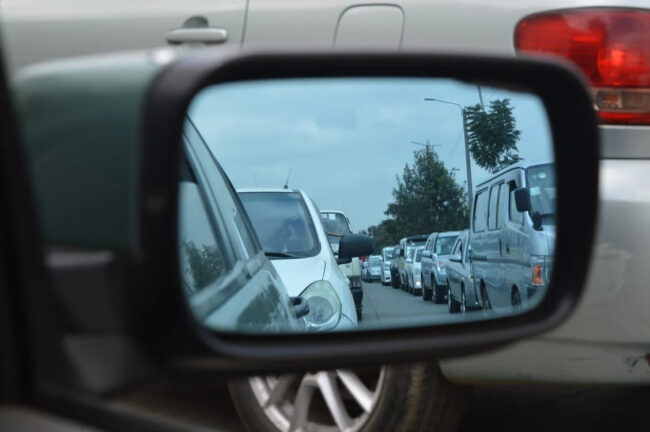
Are highway miles better than city miles? When it comes to evaluating the wear and tear on a vehicle, the debate between highway miles and city miles has been a long-standing one. Some believe that highway miles are easier on a car, while others argue that city miles take a greater toll. In this article, we will delve into the factors that influence the wear and tear on a vehicle and uncover the truth behind this automotive myth.
Understanding the Difference
Are highway miles better than city miles? To understand the impact of highway miles versus city miles, it’s important to first grasp the fundamental differences between the two. Highway driving usually involves sustained speeds with minimal stopping and starting, while city driving often entails frequent stops, idling, and lower average speeds. These variations in driving conditions can indeed have an effect on a vehicle’s overall condition, but it’s not as straightforward as labeling one as better than the other.

Factors Influencing Wear and Tear
Engine Efficiency: Contrary to popular belief, modern engines are designed to operate efficiently in a range of driving conditions. Advances in technology have made engines more adaptable. Meaning that they can handle both highway and city driving without significant strain.
Maintenance and Driving Habits: The way a vehicle is maintained and the driving habits of its owner play a crucial role in determining its longevity. Regular maintenance, including oil changes, tire rotations, and filter replacements, is essential regardless of the type of driving. Additionally, aggressive driving behaviors such as rapid acceleration and harsh braking can contribute to wear and tear, regardless of the driving environment.
Traffic Conditions: City miles often get a bad reputation due to the stop-and-go nature of urban traffic. However, congested highway driving can also lead to increased wear on a vehicle. Stop-and-go traffic, regardless of the setting, can cause more stress on the engine, transmission, and brakes.
Terrain: Another often overlooked factor is the terrain on which the driving takes place. Hilly or mountainous regions may put more strain on a vehicle’s engine and brakes, regardless of whether it is in a city or on a highway.

What Is The Best Device for Car Testing?
The greatest tool to stop all control devices from logging miles is a mileage blocker. No current data is altered, reversed, or deleted. The basic objective is to avoid having the automobile drive beyond than necessary. This differs significantly from the earlier methods in that it cannot be detected or identified in any way. This unique device was created by German engineers at Super Kilometer Filter. Using top-quality, temperature-resistant components that will work flawlessly in any circumstance. In order to avoid visiting a mechanic for installation, it also offers DIY setup instructions.
Conclusion
Are highway miles better than city miles? While the debate between highway miles and city miles continues, it is clear that the notion of one being definitively better than the other is a myth. The impact on a vehicle’s wear and tear is influenced by a combination of factors. Including: engine efficiency, maintenance, driving habits, traffic conditions, and terrain. To ensure the longevity of your vehicle, it is crucial to prioritize regular maintenance. And adopt responsible driving habits, regardless of the type of miles you accumulate.
Latest Posts
- 1
- 2
Is Buying a Car with Over 100k Miles a Good Idea?
April 10, 2024 - 3
Why Are High Mileage Cars So Expensive? – A Guide
April 5, 2024 - 4
Where Is The Mileage Located In A Car?
April 3, 2024 - 5
Whats High Mileage in Vehicles?
March 29, 2024 - 6
What’s The Gas Mileage On A Smart Car: A Comprehensive Guide
March 27, 2024 - 7
At What Mileage Should You Sell Your Car?
March 22, 2024 - 8
Should You Buy a Car with Over 100k Miles?
March 20, 2024 - 9
Should You Buy a Car with 100k Miles?
March 15, 2024 - 10
Understanding ODO Meaning in a Car
March 13, 2024








